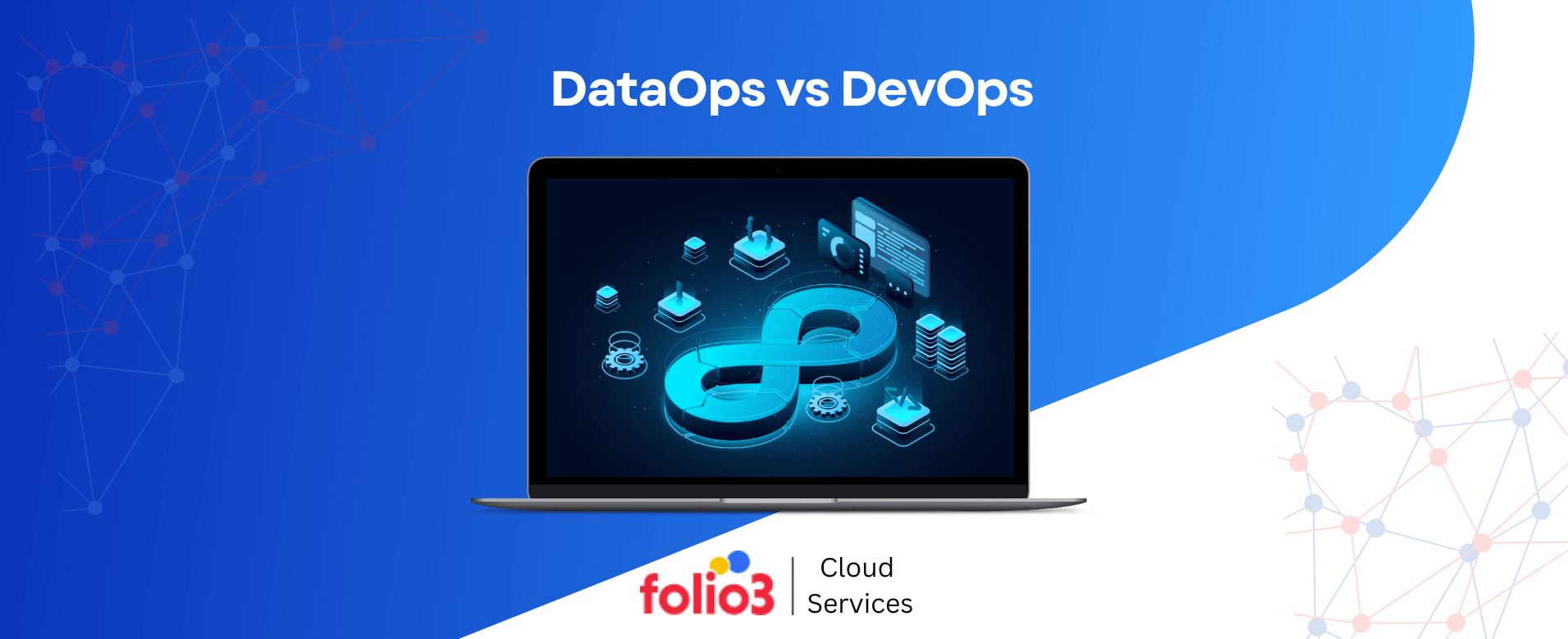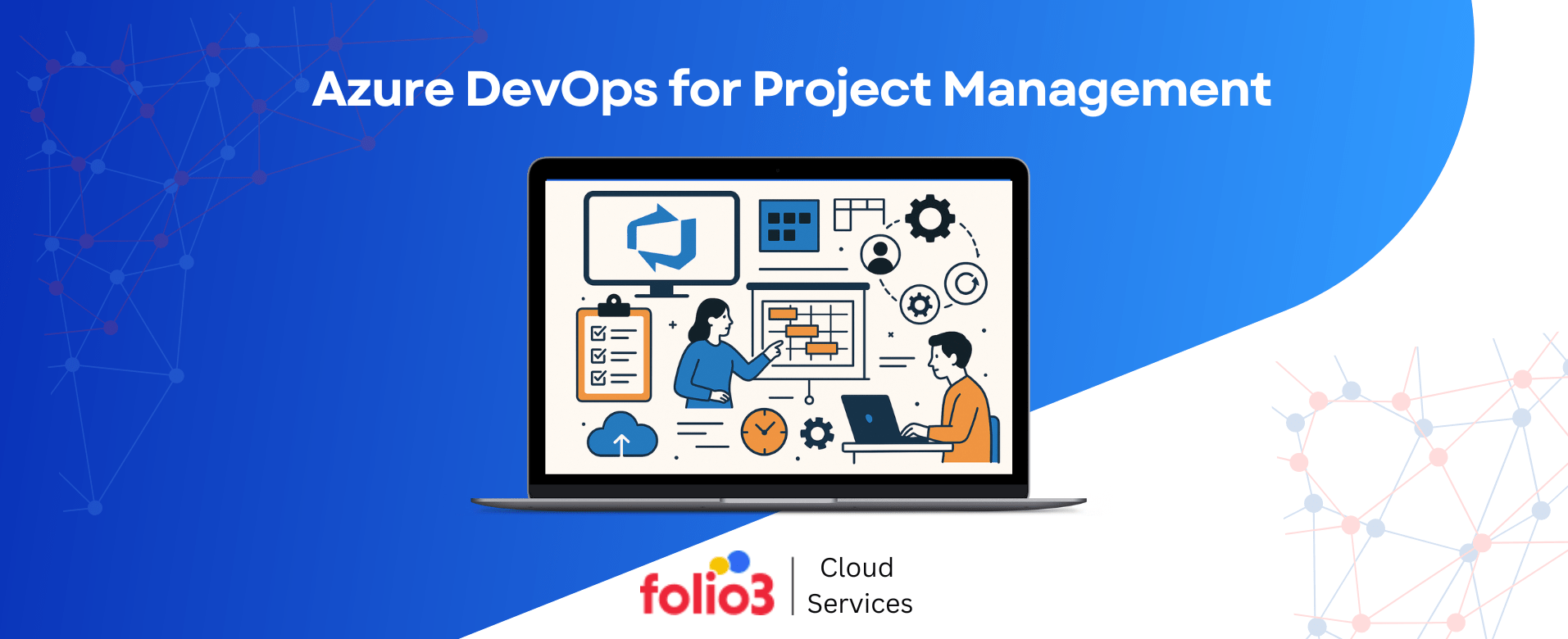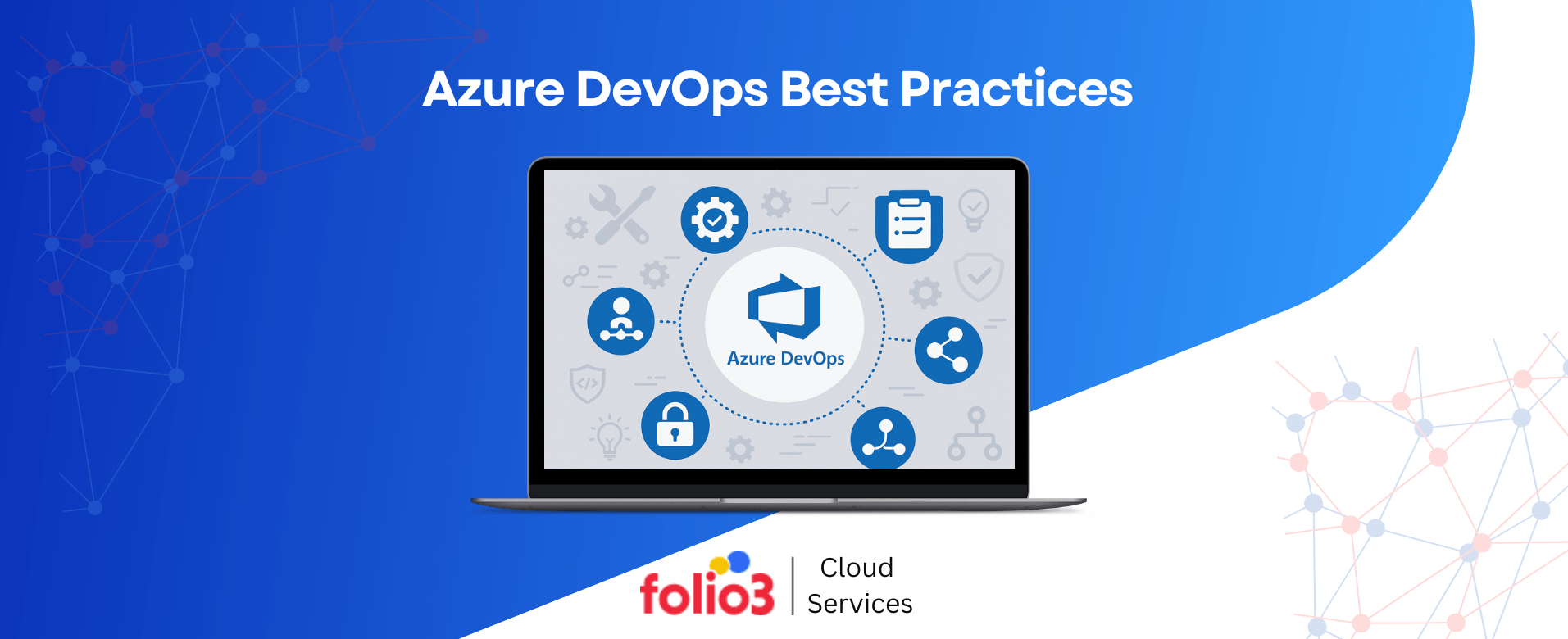Embracing new technology not only helps with productivity but also enables organizations to meet customer expectations. One of these technologies is managed cloud services.
Every business navigates a landscape marked by technological disruptions, global uncertainties, and evolving consumer expectations. But at the same time, adopting technological advancements is pivotal for businesses to stay competitive and relevant.
In today’s dynamic IT landscape, the growing importance of inventions is evident yet challenging. One of the reasons is the lack of striking a balance between innovation and risk management. That’s where managed cloud services come in!
What Are Managed Cloud Services
The term refers to outsourcing cloud computing management responsibilities to a third party, probably the respective service provider.
With these managed services, businesses can better focus on core objectives since experts handle infrastructure, ensuring reliability and scalability.
In the business world, the significance of managed services in cloud lies not only in cost-effectiveness but also in decreasing the need for in-house IT expertise and infrastructure investment.
These services cover everything from enhancing agility and enabling swift adaptation to evolving technological landscapes. These services help empower businesses to leverage advanced technologies seamlessly, eventually leading them to stay competitive in today’s dynamic market.

Experience Seamless Cloud Management Today!
Experience the Power of Cloud Management – Simple, Secure, and Scalable. With Our Experts Ensure a Smooth Transition to the Cloud.
How Managed Cloud Services Work?
With the help of these managed services, businesses can take a strategic approach to IT by outsourcing cloud infrastructure management to specialists.
In contrast to standard offerings where clients handle their cloud environment, managed cloud works differently. Here, the responsibilities are delegated to experts involving tasks like monitoring, maintenance, security, and updates.
The key distinction lies in the proactive, hands-on management provided by experts in managed cloud services. Exactly what ensures maximum reliability and performance, too.
Types of Managed Cloud Services
Infrastructure as a Service (IaaS)
It is a type of cloud-managed service that grants businesses access to virtualized computing resources while allowing them to manage servers, storage, and networking. Another advantage it offers is the scalability without the need for physical hardware.
Platform as a Service (PaaS)
It offers a platform for application development to build, deploy, and manage those applications without dealing with the underlying infrastructure. It streamlines the development process, which not only leads to fostering faster application but also develops and reduces the complexity of managing the underlying infrastructure.
Software as a Service (SaaS)
This type delivers software applications over the internet on a subscription basis. Having access to these applications through web browsers makes the experience quite user-friendly as they can do it without the need for installation. SaaS eliminates the burden of software maintenance, infrastructure, and updates management.
Security and Compliance Service
There are several benefits of security and compliance service, such as its strategies and measures for protecting data and ensuring quality to meet regulatory requirements. The process ensures compliance with industry standards and regulations, from implementing firewalls, encrypting, and accessing controls to conducting audits.
Case Studies
Growth. Enabled.

Sunburst Type To Learn

InGenius Prep

Magento Cloud Migration

Nutrition Detection App
Famous Managed Cloud Service Providers
Below is the list of popular managed cloud service providers among the market dynamics. These cloud platforms play pivotal roles in shaping the digital landscape.
Amazon Web Services (AWS)
AWS cloud-managed services is a comprehensive cloud computing platform that renders many services, such as computing power, database storage, machine learning, and more. Its key features are scalability, reliability, and global reach since it serves diverse businesses with flexible and cost-effective solutions.
Microsoft Azure
Microsoft Azure offers services like virtual machines, app services, and AI capabilities, among others, for a range of multi-cloud managed service. Its seamless integration with Microsoft products fosters hybrid cloud solutions. Furthermore, Azure’s extensive global network promises reliable and secure cloud services for businesses.
Google Cloud Platform (GCP)
This one allocates a suite of cloud services. For example, computing, storage, machine learning, and data analytics. What gives GCP an edge is the innovation and data-centric approach. Plus, it provides scalable and high-performance solutions. The aim is to emphasize open-source technologies, turning them attractive to developers and enterprises.
Oracle Cloud
Oracle Cloud provides cloud infrastructure, applications, and platform services. However, it specializes in database management, enterprise applications, and cloud-native development. Its keen focus on performance and security caters to businesses seeking robust solutions. Exactly what assists them with their critical workloads.
What Is a Managed Cloud Service Provider (MCSP)
Managed cloud services provider shares the duties of cloud infrastructure management. These specialists protect the business and focus on regulating uninterrupted operations.
MCSP plays a crucial role in modern IT environments by overseeing many essential tasks, such as cloud monitoring, reporting, maintenance, cloud migration, setting up cloud infrastructure, and optimization. All of them allow businesses to focus on core operations. Here is how they do it:
Cloud Reporting and Monitoring
Having years of experience in the backyard, cloud professionals provide real-time insights into your cloud infrastructure. This enables proactive management and optimization.
The identification of performance issues, tracking resource usage, and compliance are the keys to successful cloud performance.
Cloud Migration
Organizations can get many advantages by moving applications, data, and workloads from on-premises servers to the cloud. The benefits involve increased scalability, flexibility, and cost-efficiency.
However, key considerations for Cloud Migration include careful planning and execution, which serve as the crucial elements for achieving a smooth transition.
Cloud Infrastructure Setup
Services like IaaS, PaaS, and SaaS offer pre-built solutions for various needs. This way, cloud infrastructure setup involves provisioning and configuring resources like servers, storage, and networking within a cloud platform.
Cloud Deployment
Moving applications and data to a cloud platform demands expertise. The reason is that it offers scalability, flexibility, and cost savings. So, it is essential to choose the best model (public, private, hybrid) for your security, compliance, and budget needs.
Cloud Security
By using various techniques like access control, threat detection, and encryption, the cloud prevents unauthorized access, data breaches, and cyberattacks. Also, by implementing robust cloud security measures, businesses can ensure confidentiality.
Learn more about Azure Security vs AWS Security in our detailed blog.
Smooth Business Operations
Smooth business operations decide the fate of the business, with efficient communication and proactive problem-solving.
Experts in managed cloud services assist with automation, data analysis, and continuous improvement efforts, contributing to increased productivity. Exactly what leads to organizational success.
Network & Storage
The main purpose of cloud services is to connect devices. Therefore, the network connects devices and helps communication and resource sharing. While storage securely houses data, maintaining accessibility and integrity.
Disaster Recovery & Backup
Backups create copies of data, whereas disaster recovery plans promise restoration after an outage or disaster. To sum up, both are crucial for business continuity, minimizing downtime, and protecting your digital assets.
Pros Of Managed Cloud Services
Cloud Managed Services offer transformative benefits that the organization must consider. Some of them are:
Maintenance of Data
One of the primary benefits is efficient maintenance. The MCSP takes the lead on the responsibility of regularly updating, patching, and sustaining the cloud infrastructure. They also ensure that the systems are running smoothly and securely.
Not only does this methodology relieve businesses from the burden of managing these complex tasks, but it also allows them to concentrate on strategic initiatives rather than concentrating on routine maintenance.
Saves Time And Foster Efficiency
What is the point of acquiring later technology if it can’t save valuable time? Managed cloud services save valuable time for businesses by tackling their various operational aspects.
When experts manage the cloud infrastructure, businesses can efficiently redirect internal resources toward innovation and customer-centric activities. This time-saving aspect enhances overall productivity and agility, giving businesses an edge in rapidly evolving competition.
Monitoring And Support
Cloud security managed services also provide proactive monitoring services that offer continuous performance and security of the cloud environment. The utilization of advanced tools detects and addresses issues before they impact operations, minimizing the chances of distractions.
Through this constant vigilance, businesses experience the reliability of systems necessary to maintain optimal performance. Additionally, dedicated support from a team of experts extends beyond routine issues to handle problem resolution and strategic guidance.
Cons Of Managed Cloud Services
Although the managed cloud services offer numerous beneficial outcomes. There are some drawbacks that organizations need to consider.
Dependency On Service Providers
One significant drawback of managed services is the dependency. Relinquishing control over critical infrastructure and services to a third party can turn out to be a challenging situation. Especially in terms of responsiveness and customization.
In case the service provider faces downtime issues, it can directly impact the client’s business operations. Hence, organizations must carefully evaluate the reliability and service level agreements of their chosen provider to lower the risks associated with dependency.
Potential Security Concerns
Security is a paramount concern in the cloud environment. Entrusting sensitive data and operations to external providers introduces potential security vulnerabilities. While reputable MCSPs implement robust security measures, breaches or data leaks remain a risk.
Organizations must thoroughly assess the provider’s security protocols, compliance standards, and data encryption practices to ensure the confidentiality and integrity of their data.
Cost Considerations
Despite its huge potential for cost savings, the pricing structure of managed cloud services can be complex at times, too. Costs can escalate, particularly when organizations scale their operations or demand additional services.
The lack of understanding of the pricing model and potential hidden fees is crucial to avoid budget overruns. Making it obvious for organizations to conduct a thorough cost-benefit analysis to determine the true economic implications of adopting it over a long-term period.

Experience Seamless Cloud Management Today!
Experience the Power of Cloud Management – Simple, Secure, and Scalable. With Our Experts Ensure a Smooth Transition to the Cloud.
Conclusion
Striking a balance between the pros and cons of managed cloud services is the way forward because organizations need to leverage the full potential of cloud solutions.
The approach of using these services not only fosters agility and innovation but also addresses the evolving challenges of technology. It makes managed services a cornerstone in modern IT strategies for businesses aiming to stay competitive and resilient in a rapidly changing digital environment.
Organizations must weigh these factors before making crucial decisions so that they end up ensuring that the benefits of streamlined processes and innovation outweigh the potential drawbacks of cloud-managed services.
Frequently Asked Questions
What Is Cloud-based Service Management?
Cloud-based service management is the provision of IT solutions and resources through the cloud. This way, organizations can remotely access and manage their service infrastructure.
What’s the Difference between Managed IT Services and Cloud Services?
Managed IT services involve outsourcing the overall management of an organization’s IT infrastructure. Meanwhile, managed cloud services define the delivery process of scalable and flexible computing resources and applications over the Internet on a pay-as-you-go basis.
What are the 3 Types of Cloud-associated Services?
The three main types of cloud-associated services are Infrastructure as a Service (IaaS), Platform as a Service (PaaS), and Software as a Service (SaaS).

























